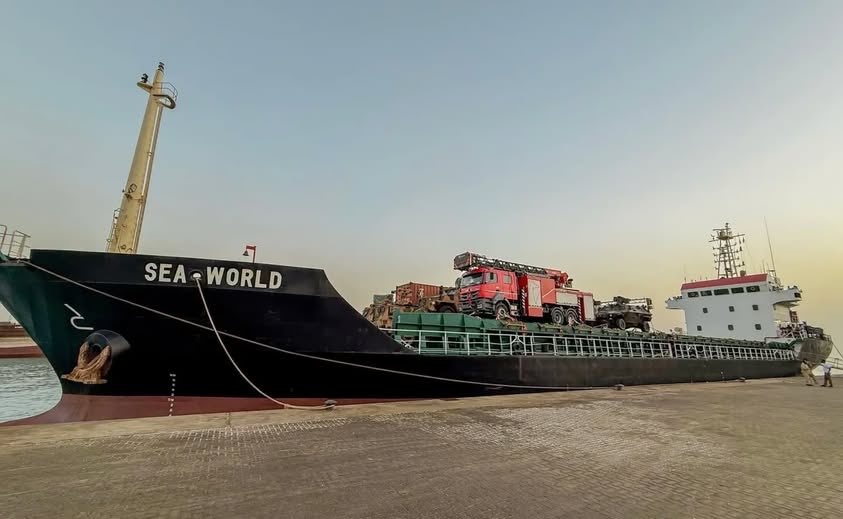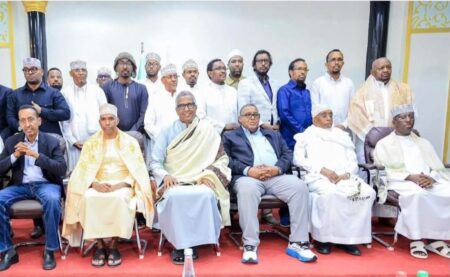GAROWE, SOMALIA — Once a shining example of autonomous governance within the Somali federal structure, Puntland is now at the center of intensifying scrutiny after what observers are calling a troubling turn toward rogue behavior. President Said Abdullahi Deni is under fire following the seizure of a Turkish-leased military cargo vessel, raising fears that a federal state may be venturing into actions eerily reminiscent of Somalia’s piracy era in the early 2000s. Long regarded as one of Somalia’s most organized regions, Puntland is now accused not only of undermining national unity efforts but also of engaging in conduct that edges toward state-sanctioned piracy. The transformation from reliable regional partner to alleged destabilizer has caught the attention of international stakeholders, domestic authorities, and citizens across the Horn of Africa.
Puntland’s Role in Somali Politics
At the heart of the controversy lies a growing pattern of political defiance by President Deni. His refusal to participate in dialogue over Somalia’s planned 2026 elections, his boycott of the formation of the federally supported SSC-Khaatumo state, and his obstruction of federal oversight of Bosaso Port have placed him in direct confrontation with Villa Somalia and several other federal member states, including Galmudug and Hirshabelle Southwest State and Jubaland . These decisions, critics say, signal a deliberate attempt to isolate Puntland and use key national infrastructure — such as the strategically important Bosaso Port — as bargaining chips in a broader power struggle. While such actions may appeal to local nationalist sentiments, they risk triggering a chain reaction of regional unilateralism that could destabilize Somalia’s already fragile federal framework.
The turning point came when Puntland’s Maritime Police Force intercepted the SEA WORLD vessel (IMO: 9324411), a general cargo ship registered in Comoros and leased by a Turkish logistics company. According to multiple maritime intelligence sources, the ship was carrying approved military supplies intended for the Somali National Army and Turkish trainers stationed in the country. Though all proper protocols and international notifications had reportedly been observed, Puntland forces boarded the ship and redirected it to Bosaso. Witnesses reported that the cargo was confiscated, and Puntland authorities later justified the act by claiming to have arrested unauthorized individuals aboard and seized illicit materials — a justification many maritime law experts and political analysts see as dubious and legally unsound. In their view, this incident sets a precedent that dangerously erodes the norms of intergovernmental cooperation in maritime operations.
The incident has sparked strong reactions from other federal states, particularly Galmudug. A senior official in Galmudug’s Coast Guard, trained under the European Union’s maritime security program, warned that if Puntland can act unilaterally to detain foreign vessels under the pretense of inspection, there is nothing stopping other regions from doing the same. He noted that Galmudug forces now have the operational capacity to intercept ships approaching Puntland or Somaliland’s coasts and may begin doing so in defense of regional interests. This statement underscores a broader fear among analysts — that Somalia may be slipping into a maritime free-for-all, where federal states act like independent sovereigns, undermining national maritime sovereignty. Without firm intervention by the federal government and clear support from international partners, incidents like the SEA WORLD hijacking could trigger a cascade of copycat behavior, sinking decades of post-piracy recovery efforts and unraveling the delicate balance that holds the Somali federation together.





